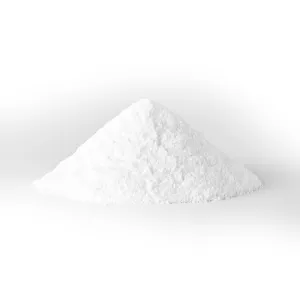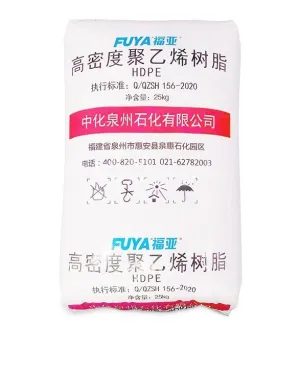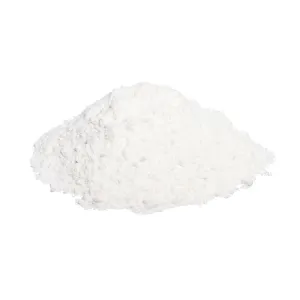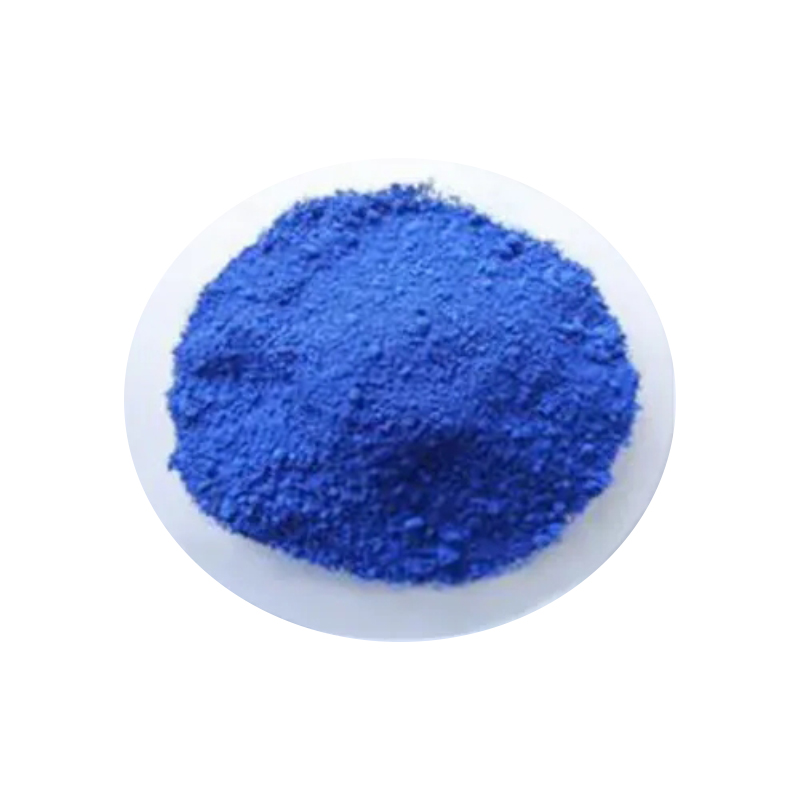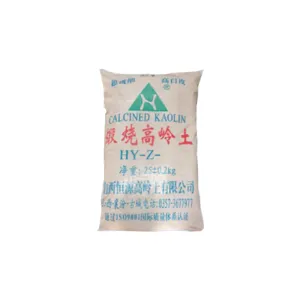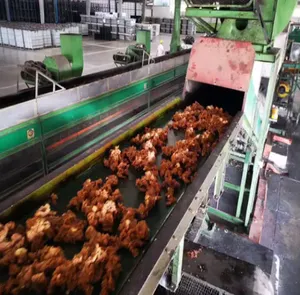Q
are jeep vehicles reliable
I'm a seasoned industrial engineer with a keen interest in machine learning. Here to share insights on latest industry trends.
Love's Travel Stops & Country Stores, commonly known as Love's, is an American family-owned chain of more than 500 truck stop and convenience stores in 41 states in the United States. The company is privately owned and headquartered in Oklahoma City, Oklahoma.
Love's is known for offering many services targeted at truckers, including fuel, fast food (often a McDonald's or Subway), convenience store items, showers, parking, and truck scales. Some locations also have hotels or motels. These amenities make it a popular stopping point for truck drivers on their routes.
Love's is known for offering many services targeted at truckers, including fuel, fast food (often a McDonald's or Subway), convenience store items, showers, parking, and truck scales. Some locations also have hotels or motels. These amenities make it a popular stopping point for truck drivers on their routes.
Robotics in Industry. Getting you up close and personal with the use of robots in various industrial applications.
The Hummer H3 is often seen as a good vehicle due to its impressive off-road capabilities and distinctive style. It has a rugged build and a strong engine, suited for those who enjoy outdoor trips.
However, it has several downsides as well. Its size contributes to poor fuel efficiency, which can make it expensive to maintain on a daily basis. In addition, it doesn't have as much interior space as other vehicles in its class, which can limit its functionality as a family car. It also well known for having poor visibility and a difficult steering system. The lack of a diesel engine option could be a downside for some potential buyers too.
As always, the best way to determine if the H3 or any vehicle is a good fit for you is by taking one for a test drive and carefully considering your needs, budget, and preferences. Mileage, maintenance history, and price are also important factors when you're thinking about buying a used car like the Hummer H3.
However, it has several downsides as well. Its size contributes to poor fuel efficiency, which can make it expensive to maintain on a daily basis. In addition, it doesn't have as much interior space as other vehicles in its class, which can limit its functionality as a family car. It also well known for having poor visibility and a difficult steering system. The lack of a diesel engine option could be a downside for some potential buyers too.
As always, the best way to determine if the H3 or any vehicle is a good fit for you is by taking one for a test drive and carefully considering your needs, budget, and preferences. Mileage, maintenance history, and price are also important factors when you're thinking about buying a used car like the Hummer H3.
You May Like
The content of titanium dioxide refers to the quantity or proportion of TiO2 found in a substance or material. This versatile and brilliant white pigment has many applications across industries such as paints. coatings. plastics. food. and cosmetics. Its superior light-scattering properties enhance the brightness and opacity of products. The level of this component can greatly impact product performance. Premium titanium dioxide usually boasts a high purity of up to 99.5% TiO2. although specific specifications may vary based on the product's needs or the manufacturing procedure.
TiO2 nanoparticles are commonly utilized in numerous commercial goods and industrial procedures. prompting an examination into their potential harm to humans. Though the precise process is still undetermined. research has revealed that these nanoparticles have the ability to infiltrate cells and interact with DNA. potentially resulting in harm. This could ultimately lead to genetic mutations and subsequent illnesses like cancer. Nevertheless. additional studies are necessary in order to comprehensively grasp the ramifications of TiO2 nanoparticles and when substantial DNA changes may occur under certain exposure circumstances.
Eating fiber is crucial for maintaining a healthy digestive system. It aids in preventing constipation by adding bulk to the stool, making it easier to pass. Fiber-rich foods also help in managing weight by making you feel fuller for longer, thus reducing overall calorie intake. Additionally, dietary fiber plays a vital role in lowering blood cholesterol levels and regulating blood sugar levels, which can significantly reduce the risk of developing heart disease and Type 2 diabetes, respectively. Sources of fiber include fruits, vegetables, whole grains, and legumes, making it easy to incorporate into daily meals for overall health benefits.



